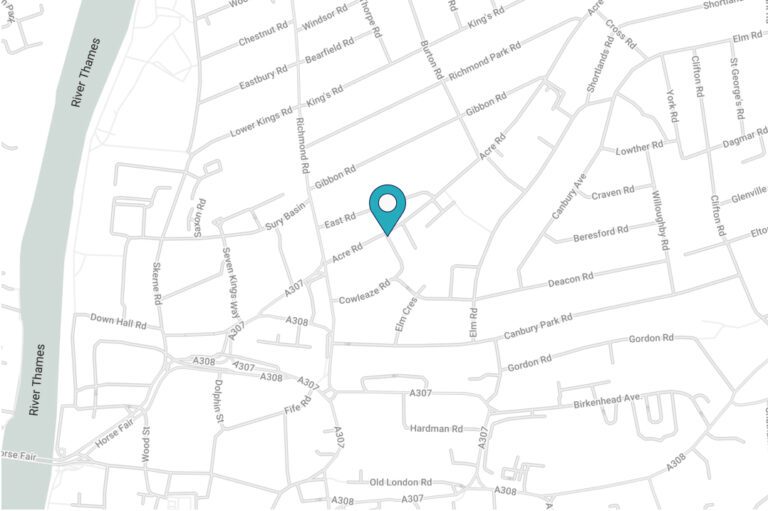Penguins and pandas…Not the scariest of animals I’ll grant you, but the less reputable SEO ‘specialists’ across the world are cowering behind their computer screens.
Of course, we aren’t talking about actual penguins and pandas here, merely the updating of the Google algorithm used to decide which page should show up first in search engine results – Google codenamed these updates Penguin and Panda and has intimated that it would push an update to them over the weekend with bigger changes to come this year.
What have Penguins and Pandas got to do with Google?
This great introduction by Google explains how search works. It explains how Google works to produce the best quality search results. And that’s the crux of the issue. Google will only stay dominant if it produces the best results. Better results mean more users, more users mean more eyeballs on adverts and that means it can sell more adverts for a higher price.
And, to keep displaying the best results, it has a very, VERY complex algorithm (a set of rules it uses to judge the quality of the website, depending on what you are searching for) that allows it to judge the 22 trillion websites out there and give you the page you were looking for.
So why are SEO agencies worried?
Some of the less reputable SEO agencies spend their time trying to second-guess that algorithm and, with trial and error, they get pretty good at it. This means that their websites rank higher than they would ordinarily do so in the SERPS (Search Engine Results Page).
In this update to the algorithm, Google is looking to reduce the amount of web spam out there. Google’s Matt Cutts announced:
We will be soon going after bad merchants with a new algorithm targeted at lowering their rankings in Google, the reason being because we don’t want low quality experience merchants to be ranking in the search results.
Just ask BMW or Interflora what it feels like to be penalised by Google.
Hmm, ok, so what should I do?
If you’re creating content just so you can improve your position in Google, you are probably in for a shock. No more creating articles just to get a backlink. No more adding unnecessary keywords to your page.
Google will be giving preference to websites that have good quality content and are linked to from other sites with good quality content, and are liked and followed on social platforms. These are all good signals to Google. Signals that you are worthy of a good result in the page ranking.
These less ethical SEO tactics are effective for short term results but, to ensure the website in which you have invested so much time and money is seen as often as possible in the future, you need to start investing in engaging content that is relevant to consumers (see Content Marketing) and building relationships with online media and your community in the social space.
Image Credit – Open Letters Monthly

















